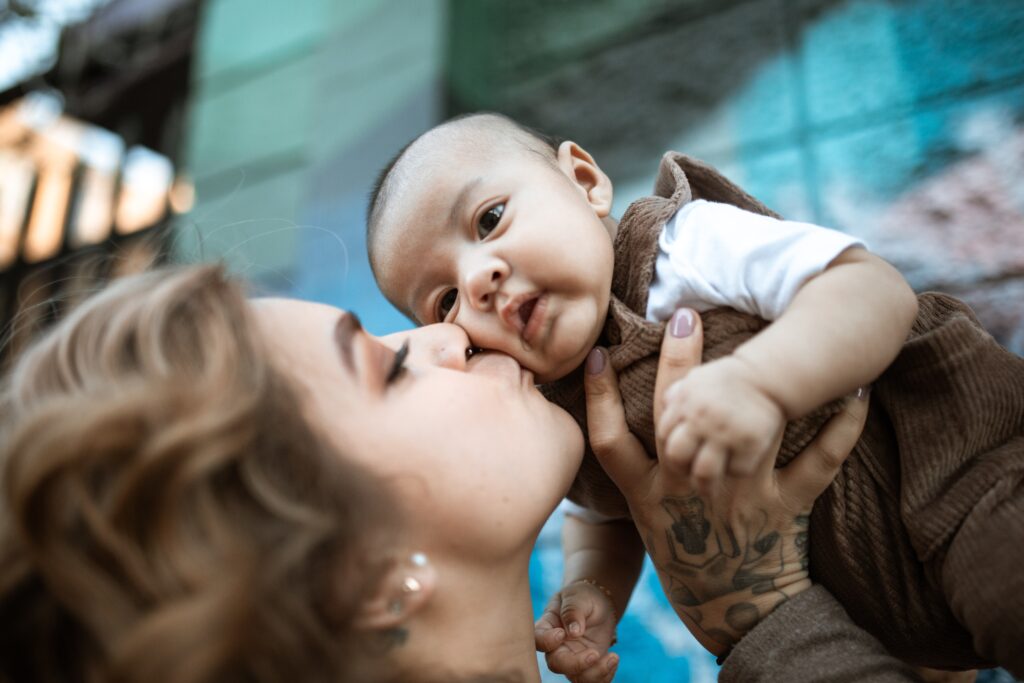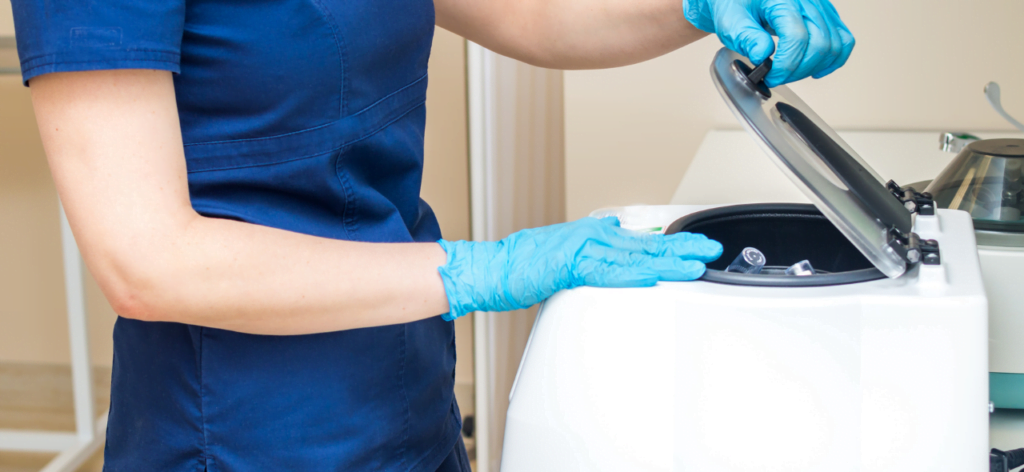When it comes to infertility, most people think of couples who have been trying to conceive for the first time without success. However, another type of infertility is often overlooked: Secondary infertility. Refers to couples who have had at least one successful pregnancy before but are struggling to conceive again.
Secondary infertility can be just as devastating as primary infertility. Still, it can also be more complicated to understand and diagnose because, unlike primary infertility, there is a history of successful pregnancies, and a previous diagnosis of infertility is not always considered.
One of the leading causes of secondary infertility is age. As women age, their fertility declines, making it more difficult to conceive. Additionally, underlying medical conditions such as endometriosis or polycystic ovary syndrome (PCOS) can contribute to secondary infertility.
Another factor that can cause secondary infertility is lifestyle changes. Weight gain or loss, changes in diet, and stress can all impact fertility. Certain medications or medical treatments can also affect a woman’s ability to conceive.
It’s important for couples struggling with secondary infertility to understand that it’s not their fault and that various factors may be at play. If you’ve been trying to conceive for over a year (or six months if you’re over 35), seeing a fertility specialist is a good idea. He can help you understand what’s going on and provide you with the best course of treatment.
Secondary infertility is not uncommon. You’re not alone; many couples are going through the same thing. It can be a difficult and emotional journey. Still, with the proper support and treatment, overcoming secondary infertility and having the family you desire is possible.







